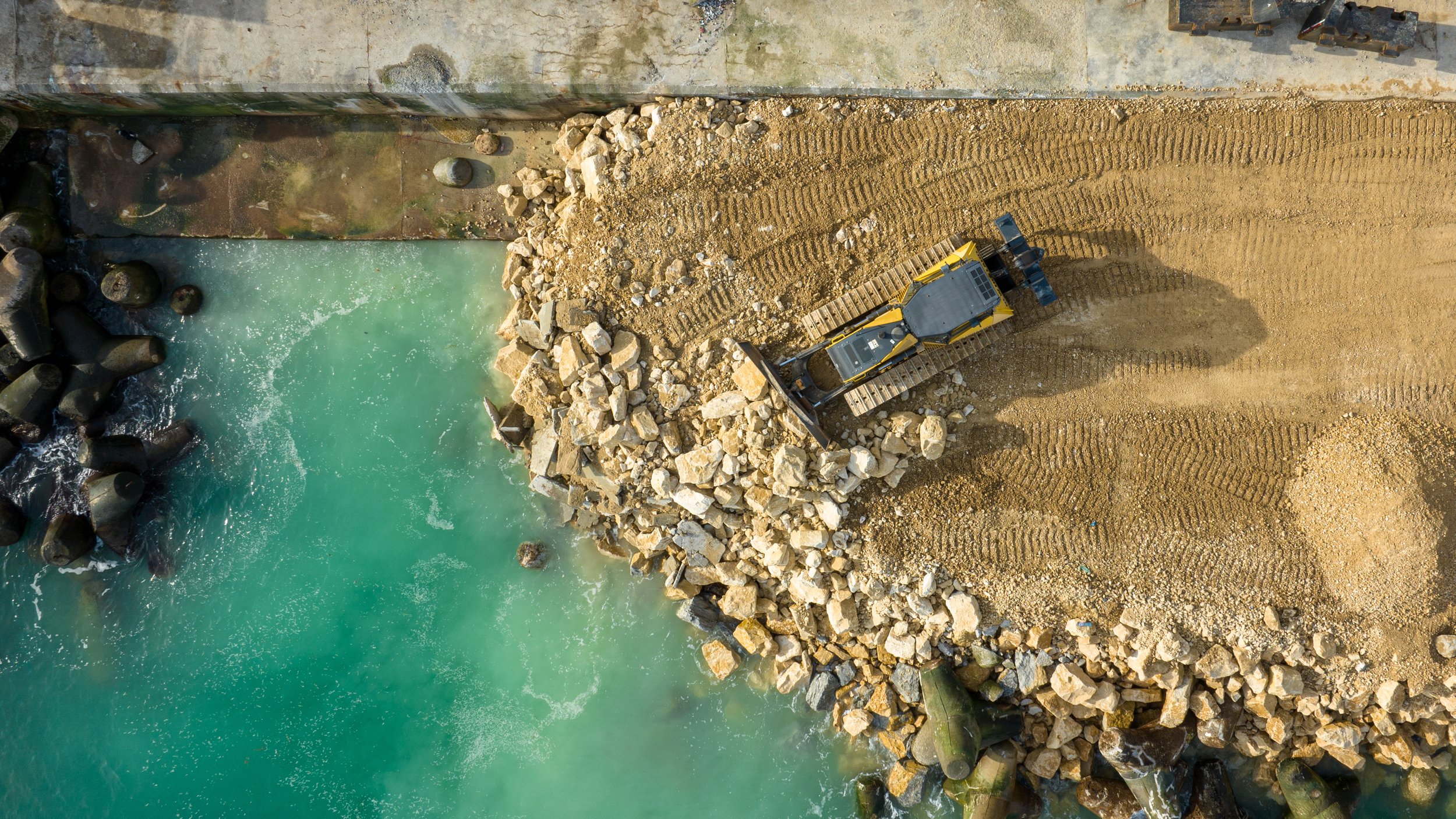Environmental Permits and Construction: What You Need to Know
Overview of Environmental Permits and their Importance
Environmental permits are legal requirements issued by regulatory agencies to ensure that businesses and industries comply with environmental regulations. These permits are critical for safeguarding the environment by ensuring that industrial activities do not harm air, water, soil, and wildlife. Environmental permits are required for a range of activities such as greenhouse gas emissions, discharge of wastewater, and handling hazardous waste. The process of obtaining permits involves thorough scrutiny of the potential environmental impact of the proposed activities. Failure to comply with permit conditions can result in costly fines and legal actions. Thus, environmental permits play a crucial role in enforcing environmental regulations and promoting sustainable development.
Identifying Projects that Require Environmental Permits
Identifying projects that require environmental permits is an essential step in ensuring compliance with environmental legislation and avoiding potential liability issues. Typically, projects that involve activities with potential impacts on air quality, water resources, and natural habitats are subject to permitting requirements. Examples of such activities include the construction of new buildings, industrial processes, land development, and waste management. Project owners and developers should work closely with regulatory agencies to identify the required permits, permit applications, and compliance requirements for their projects. It is important to note that failure to obtain the required permits can result in severe penalties and fines, project delays, and legal challenges. Therefore, it is crucial to invest the necessary time and resources to identify and comply with the environmental permit requirements for any project.
Environmental Considerations During the Construction Process
As an experienced writer at Edifica, it is important to highlight the environmental considerations that should be taken into account during any construction process. The construction industry contributes significantly to greenhouse gas emissions, pollution, and waste production. Therefore, it is essential to implement sustainable practices that minimize the impact on the environment, such as utilizing renewable energy sources, reducing waste generation, managing the noise and air pollution levels from construction equipment, and creating sustainable green spaces that mitigate the effects of urban heat islands. Environmental considerations during the construction process not only benefit the environment but also provide cost savings and add value to the overall construction project. Thus, by implementing sustainable practices, we can ensure that future constructions aim towards a more sustainable and greener future.

